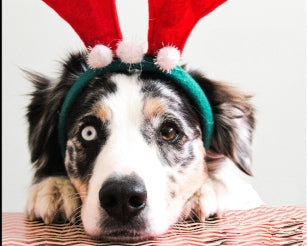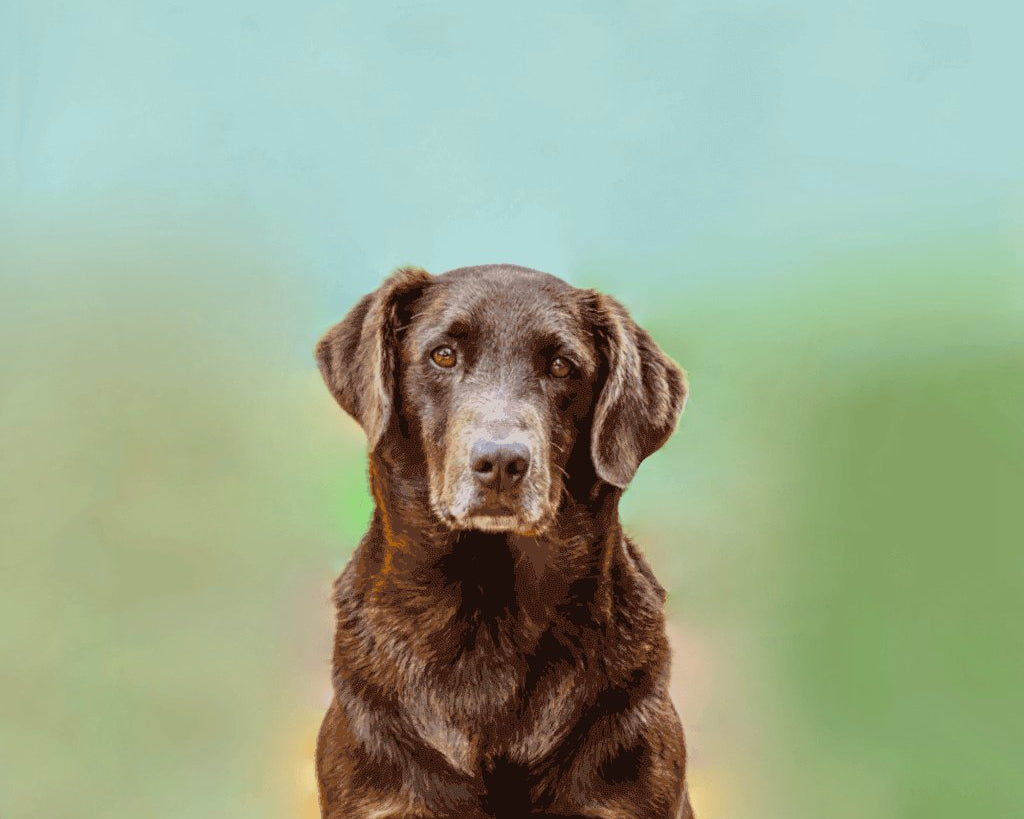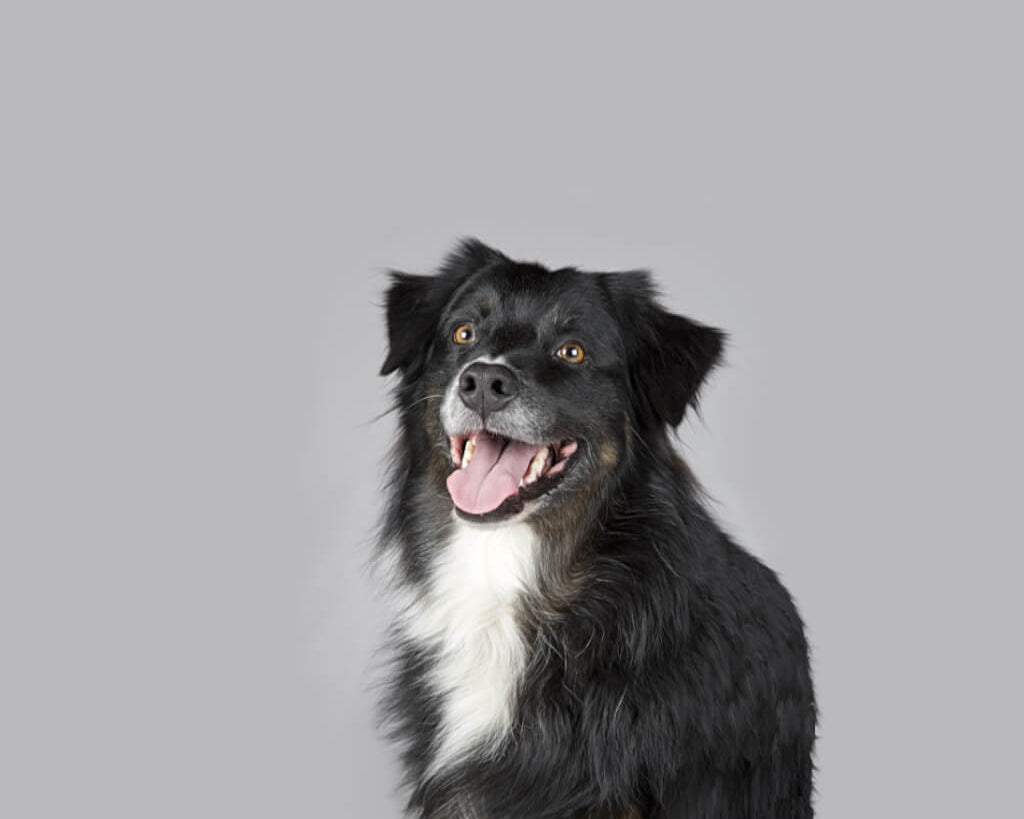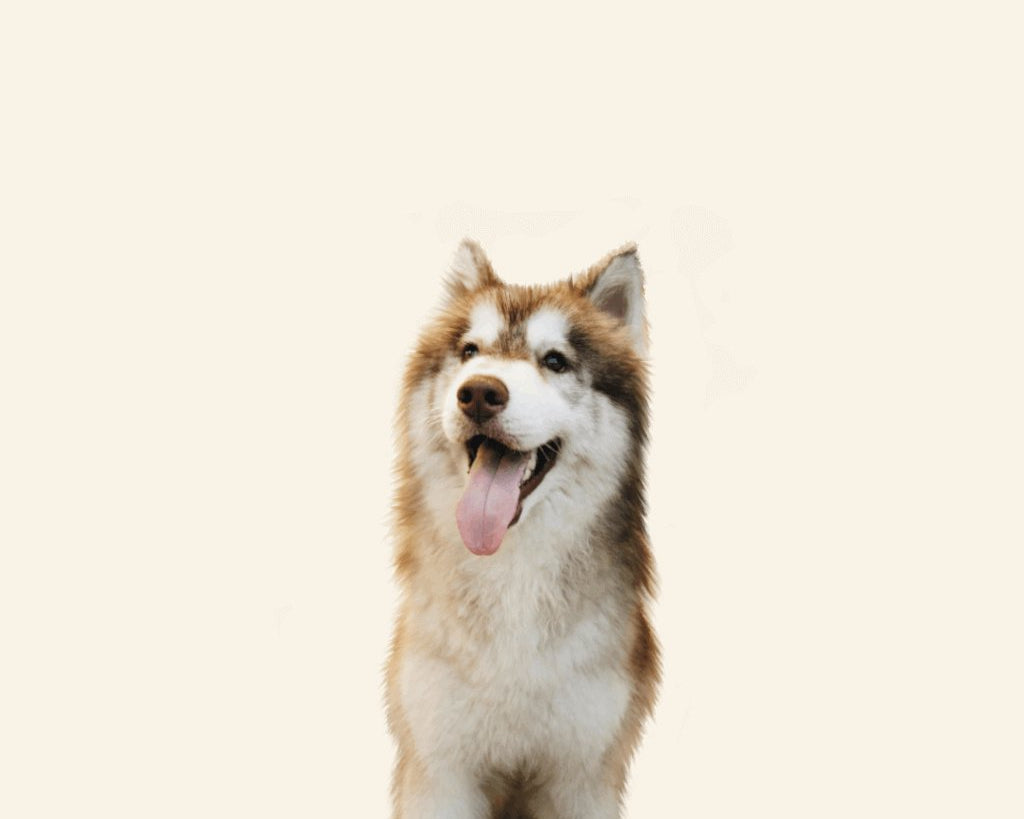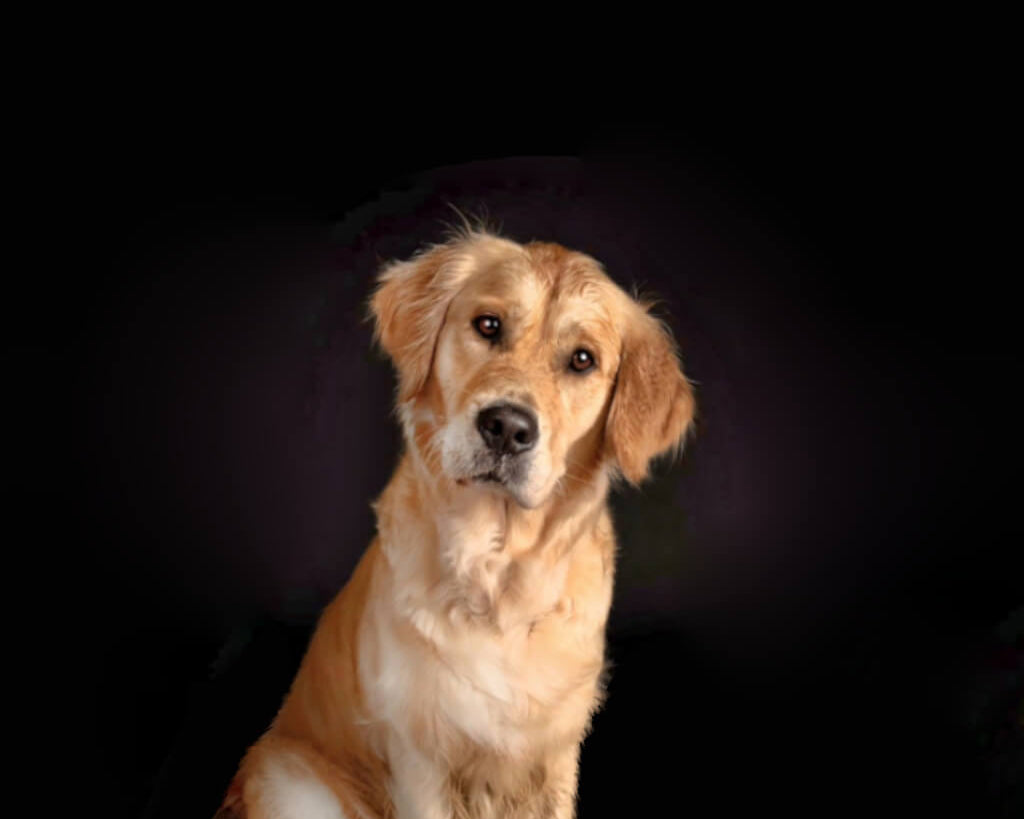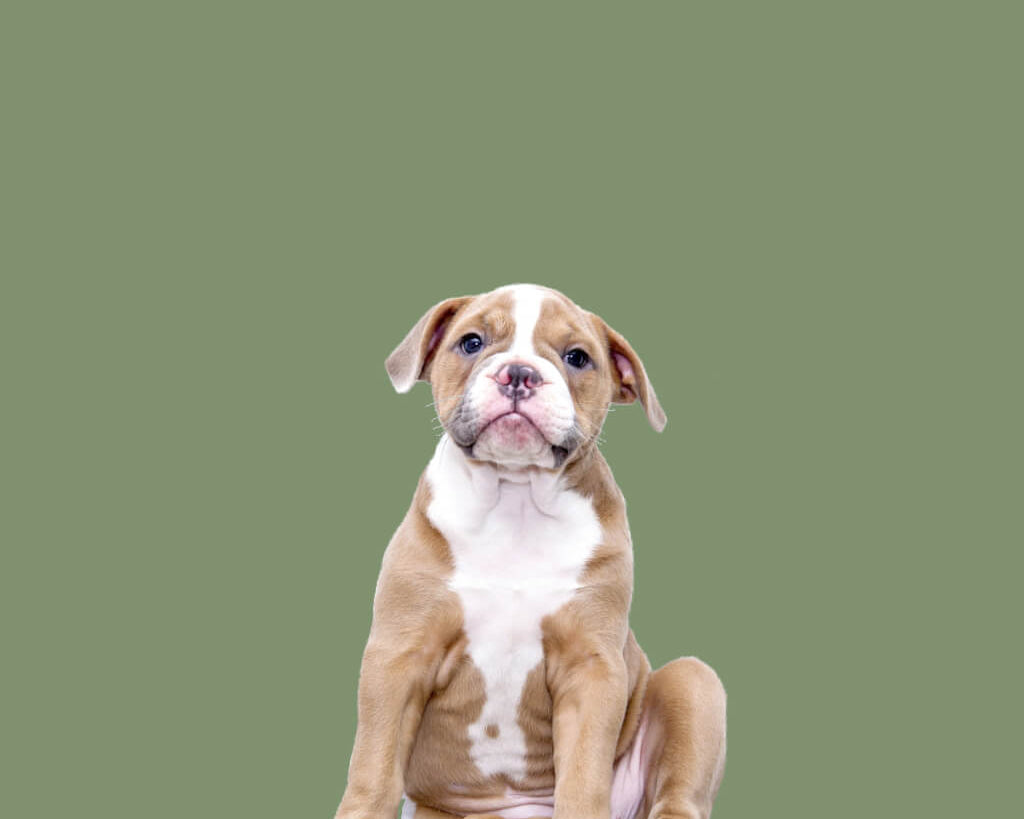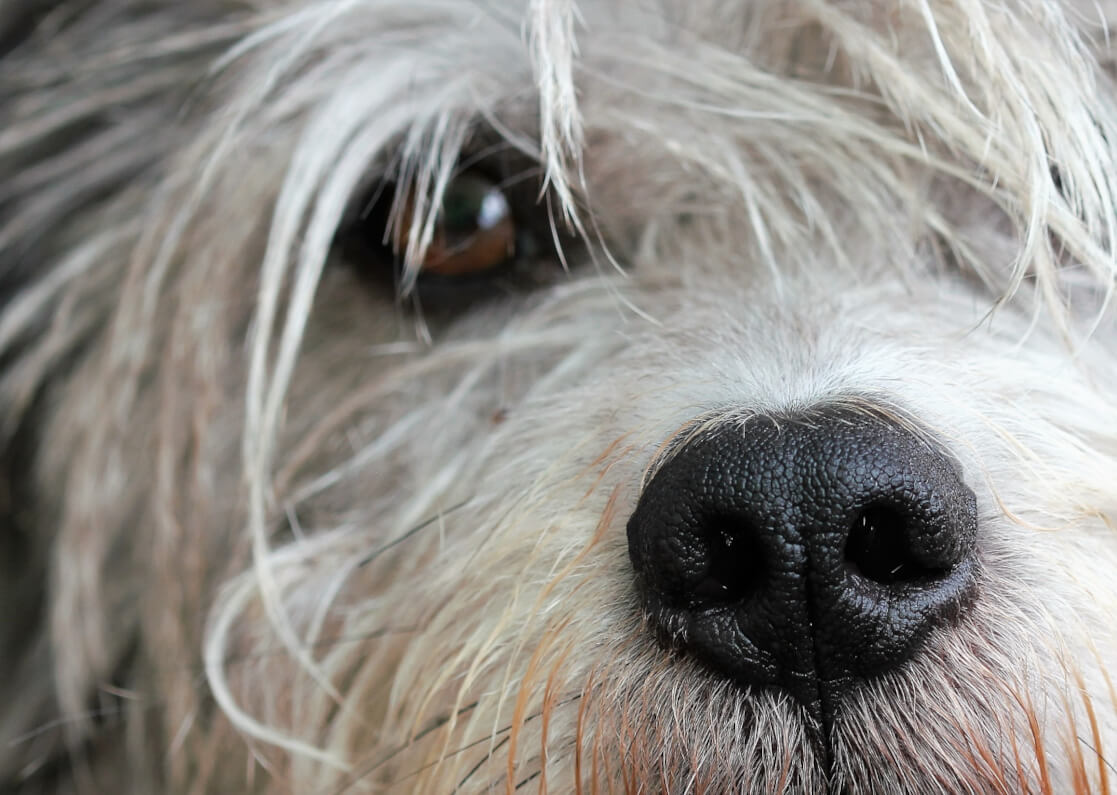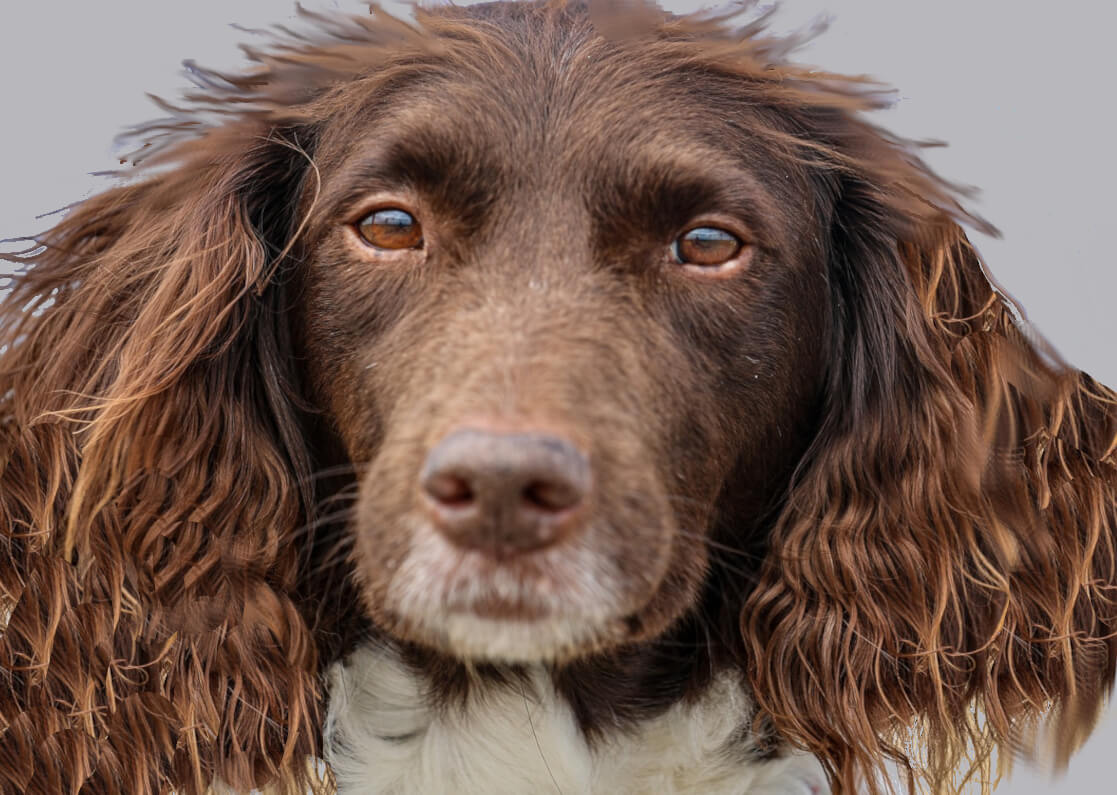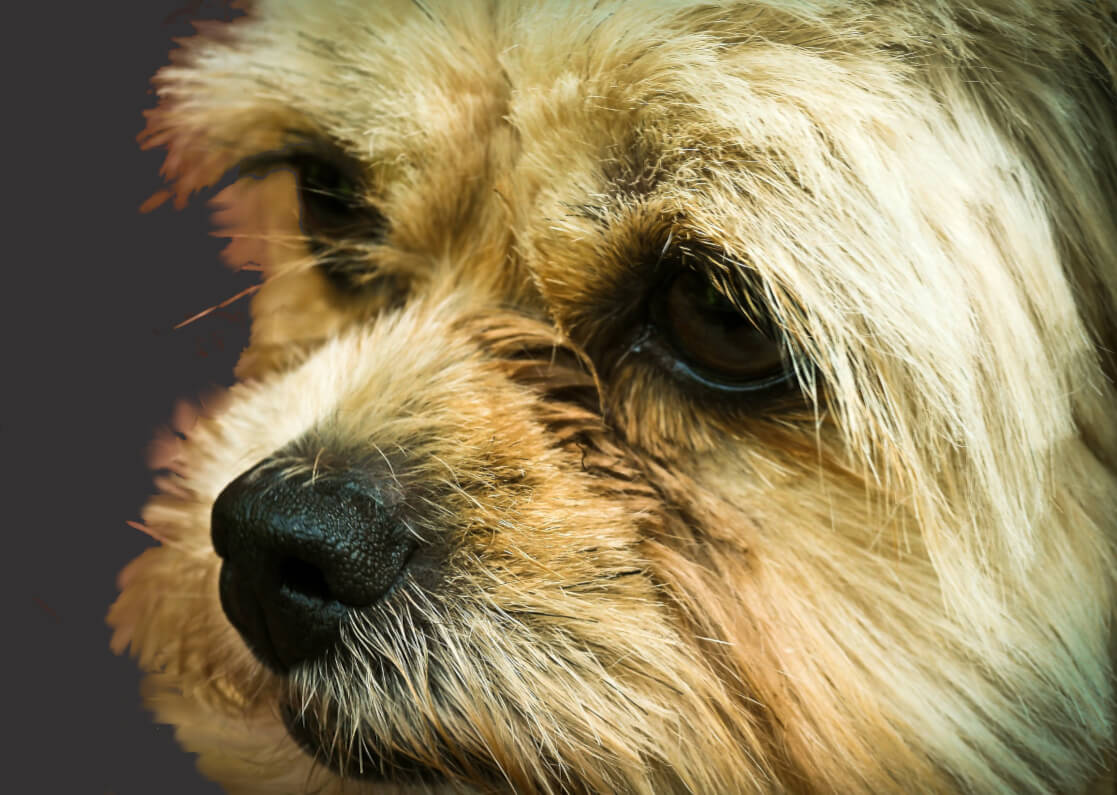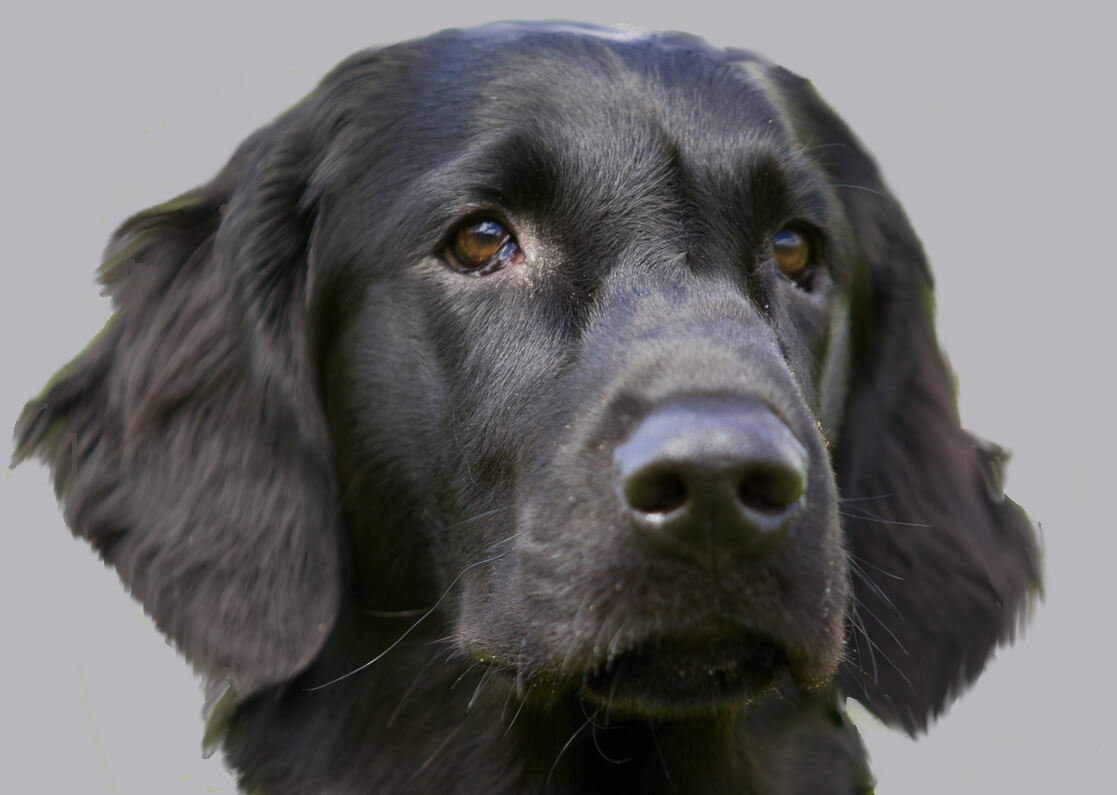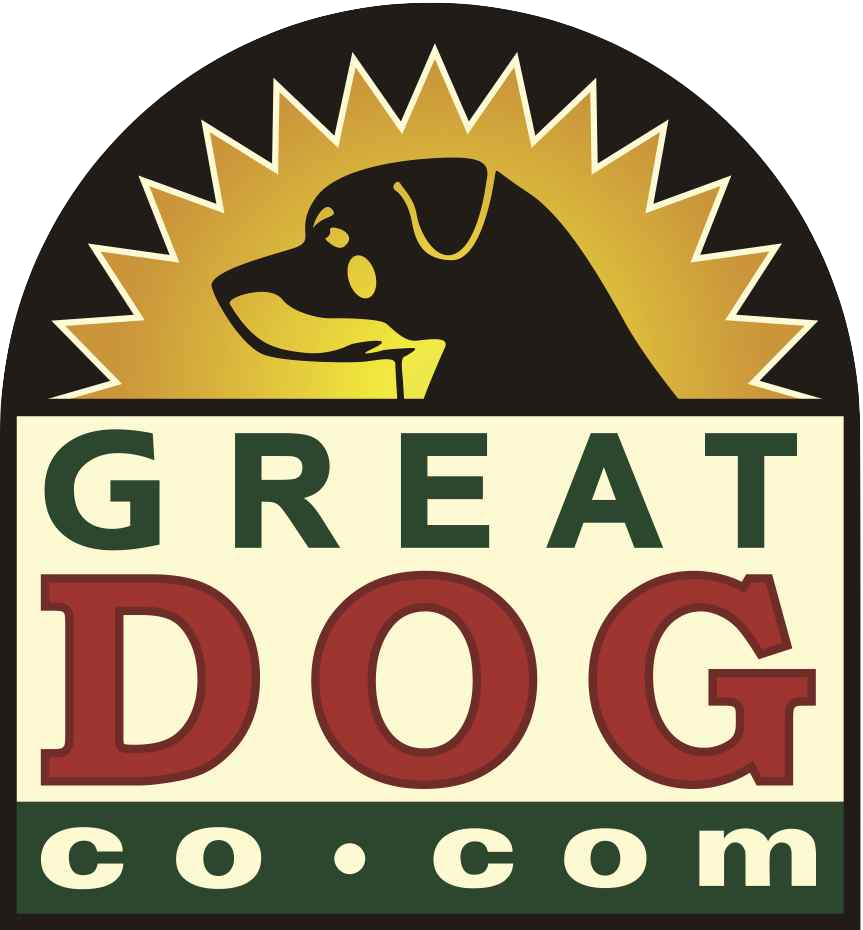Caution: Artificial Preservatives in dog food and chews are harmful! Dogs really have no choice but to eat whatever is put in front of them. And as such, it's really important for dog owners to ensure that the food and chews they are feeding their dogs are healthy and safe, especially since most dogs eat pretty much the same thing day after day, often twice a day, week after week, month after month, and year after year.
And while most people love their dogs, trying to make the right choice about what to feed them can be challenging. Each year there seems to be even more choices and just as many opinions about what is best. But what isn't just an opinion is that foods and chews containing artificial preservatives can and should be avoided to ensure your dog's good health. Even if the FDA hasn't come out against these chemical additives, there is now a clear correlation between ongoing exposure to artificial preservatives and cancer in dogs.
Artificial preservatives are chemicals added to foods to essentially extend shelf life. The chemicals can also cause cancer. Some of the most common chemical additives to avoid include the following:

- Proylene glycol - used to maintain moisture in some commercial dog foods. It is also the main component of new automotive antifreeze. Although it is considered less toxic than it's more dangerous cousin, ethylene glycol, it probably isn't an ingredient we want our dogs eating every day.
-Ethoxyquin - often used as a pesticide when making rubber, it is considered safe in dog food by food safety experts when used properly. The FDA states that liver issues resulting from its use remains unknown. Unfortunately, even if you decide against this chemical, you may unwittingly be feeding it to your dog anyway as it can still be present in the particular ingredients that make up commercial dog food and chews, e.g., chicken meal, fish meal. When certain ingredients already contain ethoxyquin, the chemical will not be listed on the food label.
-BHT (butylated hydroxytoluene) - used in dog foods to extend the shelf life of fats and oils. The chemical has also been shown to cause liver and kidney damage in laboratory animals. Its use has also been banned in the UK, Japan and other European countries.
-BHA (butylated hydroxyanisole) - an antioxidant used primarily as a preservative in food. BHA has consistently produced certain types of tumors in laboratory animals. Its use has also been banned in the UK, Japan and other European countries.
-TBHQ (tertiary butylhydroquinone) - a fat preservative added to dog food to extend its shelf life. It's also used to make varnishes, lacquers and resins as well as to stabilize certain explosive compounds. It has be found to produce precancerous stomach tumors in laboratory animals and may lead to development of other types of cancer.
-Propyl Gallate - Another chemical used to extend the shelf life of dog foods and chews. It has also been found to mimic the negative effects of the female hormone, estrogen. These negative effects can impact reproductive health in humans, transforming a normal breast cell into a cancer cell as well as decreasing sperm count in males.
Although these chemicals are considered "generally safe" by the FDA for use as food preservatives, the cumulative exposure to dogs, even in trace amounts, given that their diets tend to vary very little, is troubling. The use of these chemicals is even more concerning when two other viable options exist : 1. Natural preservative use such as vitamin C and E, even if they don't extend the shelf life of a given food or chew as long as a chemical preservatives. 2. The choice to avoid preservatives altogether whenever possible. Although some natural preservatives may be necessary for commercially produced dog food, purchasing raw dog food on an as needed basis is a good alternative. The same can also be said about dog chews. Dog chews are typically purchased for immediate consumption or soon after. Therefore many dog chews do not require the use of preservatives if cooked and stored correctly. Of course, the trade off is a shorter shelf life and/or a higher likelihood that a given item may "go bad."
At GREAT DOG CO. and as dog lovers, we made the commitment in 1991 when the company started not to use preservatives in our chews as we don't believe they are absolutely necessary. As a result, our chews are generally fresher and dogs tend to prefer GREAT DOG chews to other comparable chews. We also believe a shorter shelf life and a chew "going bad" every so often is a small price to pay for the alternative. Armed with information, it's important for all dog owners to make a conscience choice about what it is they are feeding their dogs. After all, they have put all of their trust in us to do what's best for them.
